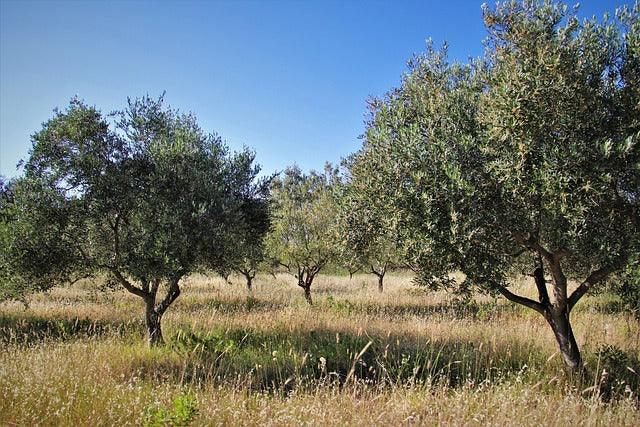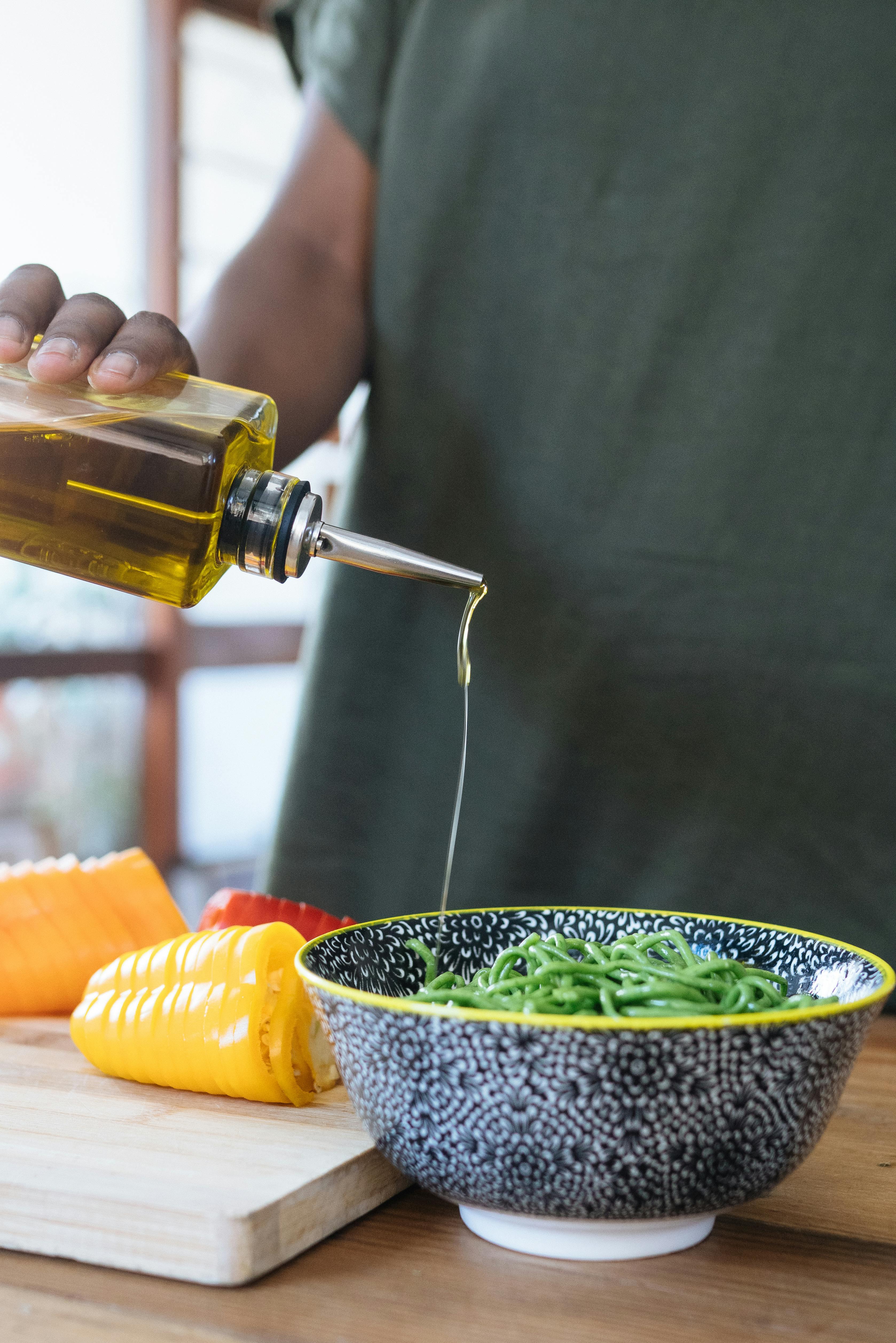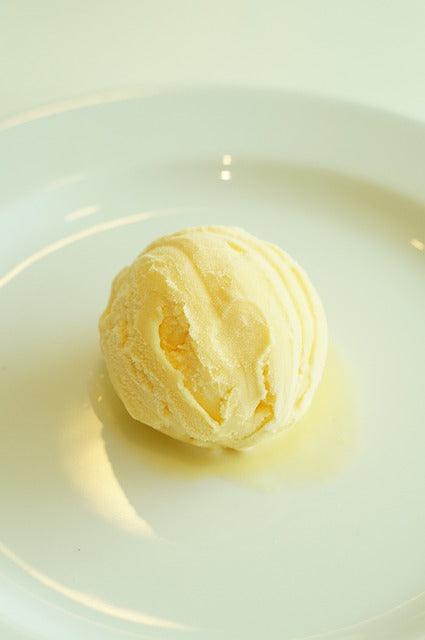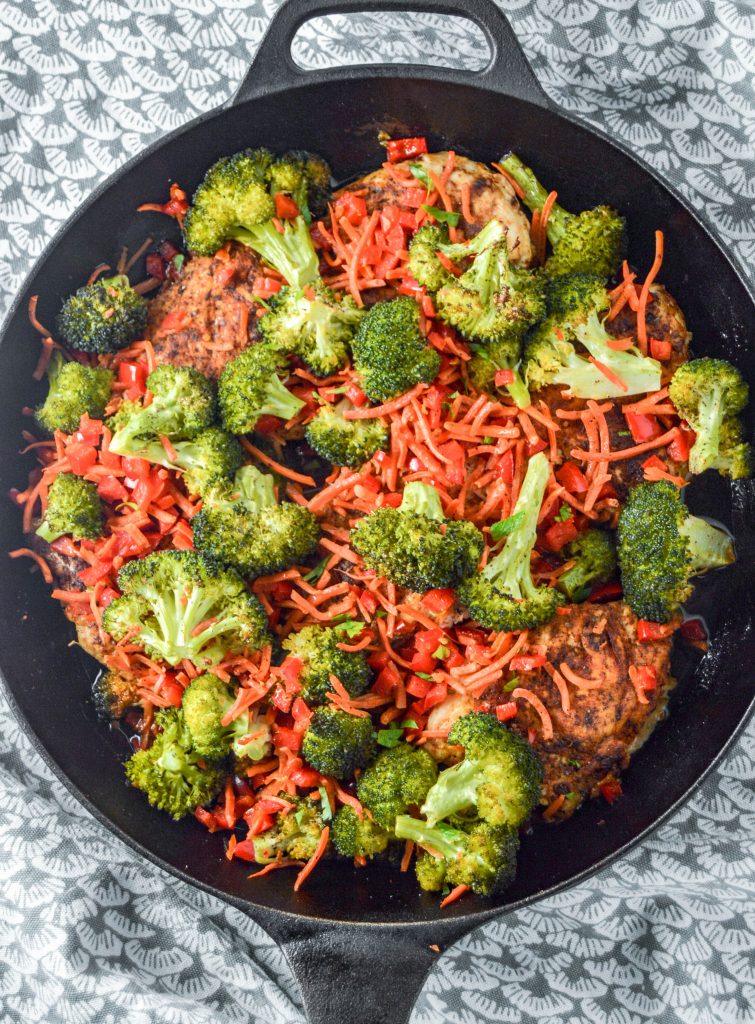High-polyphenol olive oil is a popular and flavorful cooking ingredient enjoyed worldwide for its various health benefits. Polyphenols, natural compounds found in plants, are responsible for the many medicinal properties associated with olive oil. The amount of polyphenols present in olive oil can vary depending on production processes and the ripeness of the olives. However, high-polyphenol olive oils are becoming more common due to their increased health benefits. These benefits can include reducing inflammation, supporting heart health, promoting brain health, aiding weight management, and improving skin health. It is essential to find a high-quality olive oil from reputable sources to ensure that consumers receive optimum health benefits. Incorporating high-polyphenol olive oil into one's diet can improve overall health, but it is crucial to consult a healthcare professional before any significant changes to one's diet.
Here are some of the benefits of consuming high-polyphenol olive oil:1. Reduces inflammation: Polyphenols have been shown to have potent anti-inflammatory effects, which can help reduce the risk of chronic diseases such as heart disease, cancer, and diabetes.2. Supports heart health: High-polyphenol olive oil has been shown to improve blood flow and reduce the risk of heart disease, likely due to its anti-inflammatory properties and ability to reduce oxidative stress.3. Promotes brain health: Some studies have demonstrated that polyphenols may have a protective effect on the brain, potentially reducing the risk of cognitive decline and neurodegenerative diseases.4. May help with weight management: High-polyphenol olive oil has been shown to aid in weight loss efforts by reducing inflammation and increasing fat oxidation.5. Improves skin health: Polyphenols have antioxidant properties that can protect the skin from damage, leading to healthier and more youthful-looking skin.Though the benefits of high-polyphenol olive oil are promising, it is important to note that not all olive oils are created equal. To ensure you are getting a high-quality product, look for extra-virgin olive oil from reputable sources and pay attention to its polyphenol content.In conclusion, incorporating high-polyphenol olive oil into your diet can offer a variety of health benefits, from reducing inflammation to promoting heart and brain health. As always, it is important to make informed choices when it comes to your diet and to consult with a healthcare professional if you have any concerns about incorporating high-polyphenol olive oil into your routine.Citations:1. Visioli, F., Davalos, A., & Andres-Lacueva, C. (2011). Polyphenols and human health: a prospectus. Critical reviews in food science and nutrition, 51(6), 524-546.2. Cicerale, S., Lucas, L. J., & Keast, R. S. (2012). Biological activities of phenolic compounds present in virgin olive oil. International Journal of Molecular Sciences, 13(12), 17338-17368.3. Giosafatto, C. V., Serio, A., & Nitti, G. (2018). Olive oil polyphenols: biological activity and beneficial effects on human health. International journal of food science & technology, 53(7), 1745-1758.
To learn more about the rich history and benefits of olive oil, check out these additional resources:
- Health Benefits of Olive Oil
- The Mediterranean Diet Guide
External Links:
- Harvard T.H. Chan School of Public Health: The Nutrition Source
- Healthline: 11 Proven Benefits of Olive Oil
These links provide valuable information and insights that can enhance your understanding and appreciation of olive oil's historical and contemporary significance.












